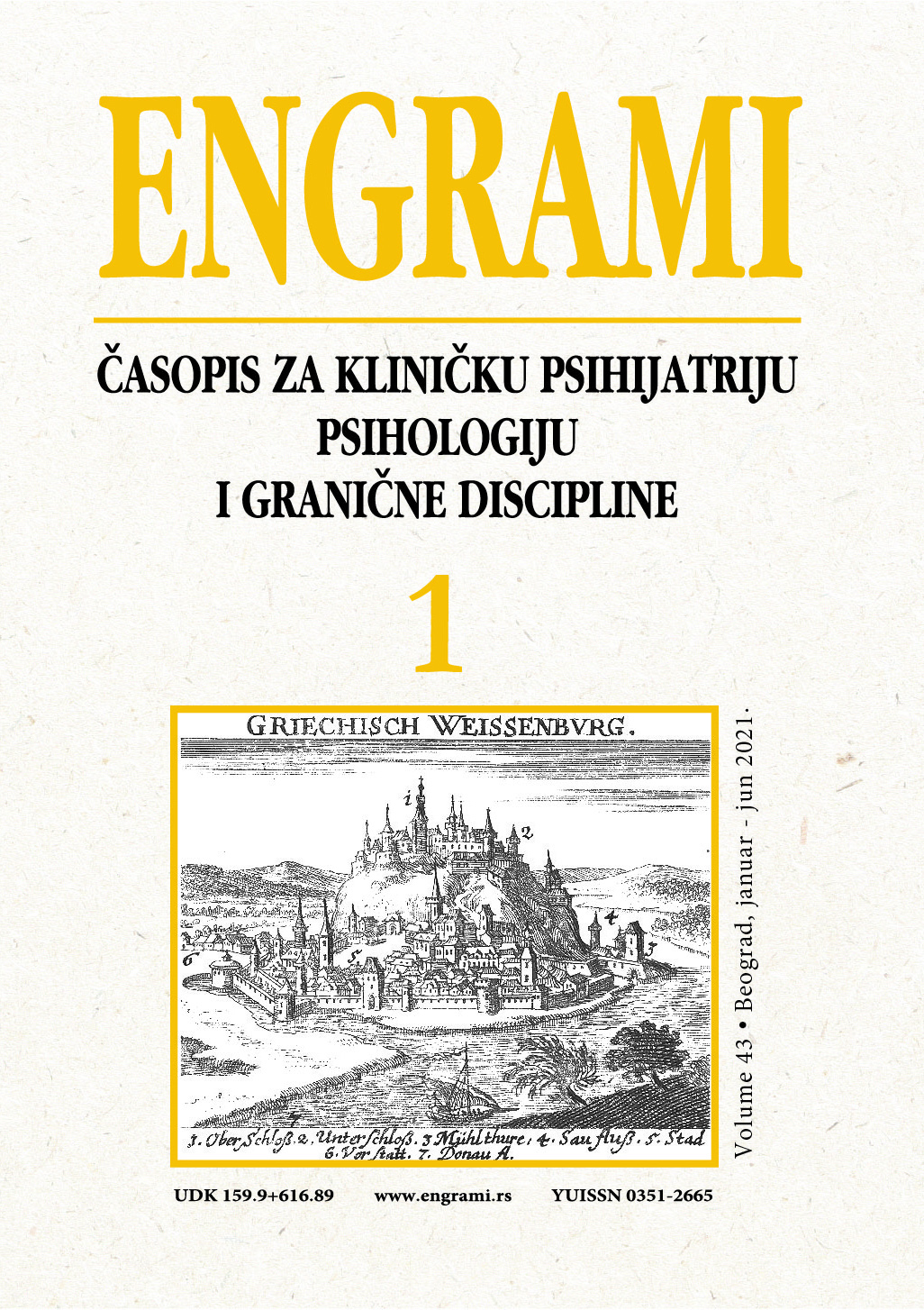Cariprazine in the treatment of unipolar depression: case report
Abstract
The integrative treatment of affective disorders, especially various forms of depressive disorder, still represents a significant challenge in clinical work. The current case report aims to present the challenges in everyday clinical practice in the case of complex diagnosis, differential diagnosis, and treatment of recurrent, severe depressive episode, as well as to consider the role of adjunctive therapy in its treatment.
The case report presents a middle-aged, female patient, treated at the Clinic of Psychiatry, University Clinical Center of Serbia, for a severe recurrent depressive episode, with previous multiple suicide attempts. She had been initially treated with an antidepressant pertaining to the group of serotonin and norepinephrine reuptake inhibitors as well as mood stabilizer lithium carbonate. Due to lack of adequate response, the atypical antipsychotic cariprazine was introduced as adjunctive therapy to her treatment, which led to significant clinical improvement and patient satisfaction.
The use of atypical antipsychotics, including cariprazine, as primarily psychopharmaceuticals with multidimensional action is thus of specific importance from the aspect of everyday clinical practice. Only a detailed, integrative and individually tailored view of therapeutic possibilities, based on scientific knowledge, and practical experience, can lead to their adequate, timely and well-founded clinical application. Furthermore, their primary goal should be better functioning of patients with affective disorders based on the objective criteria and subjective/personal experience of functioning.

